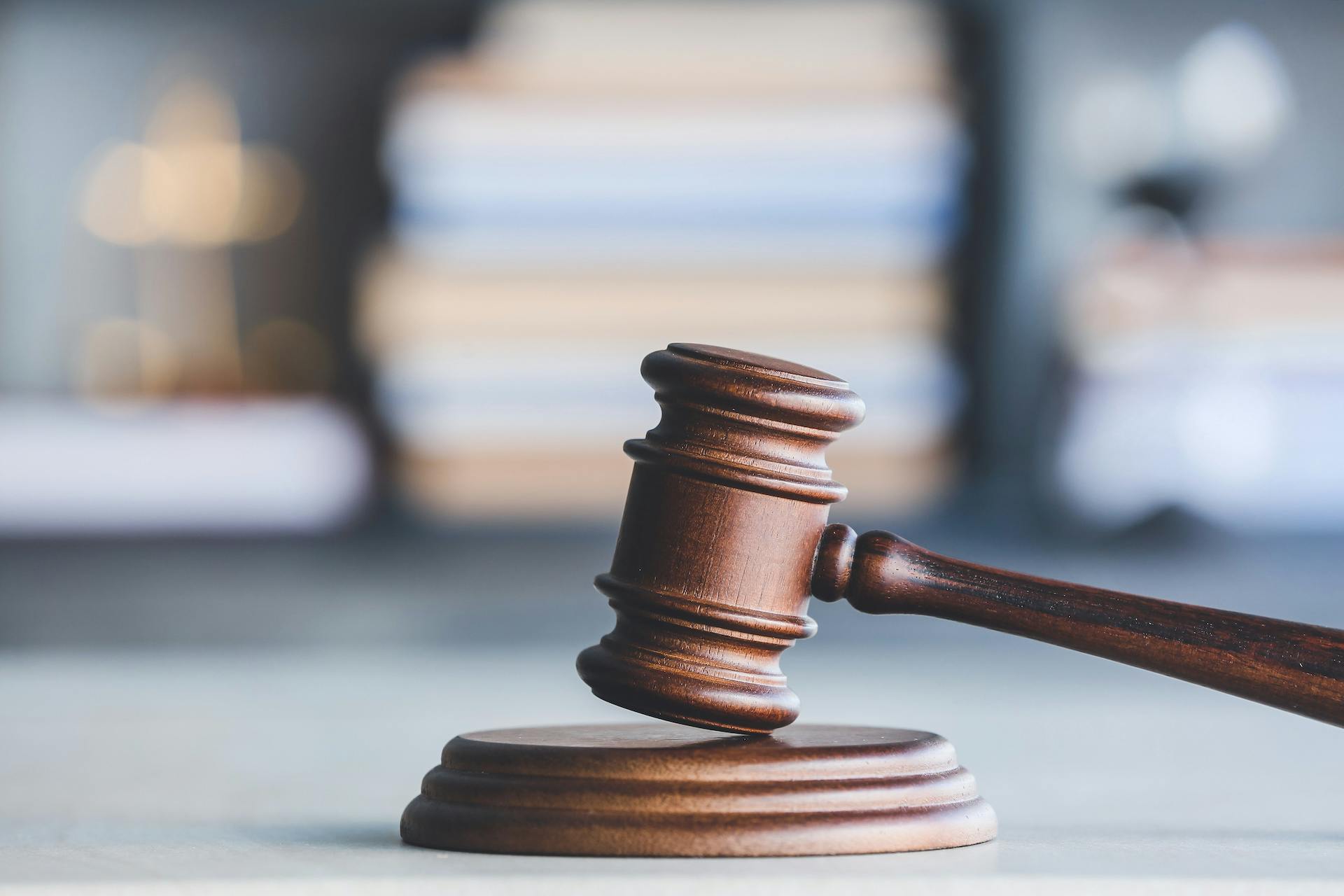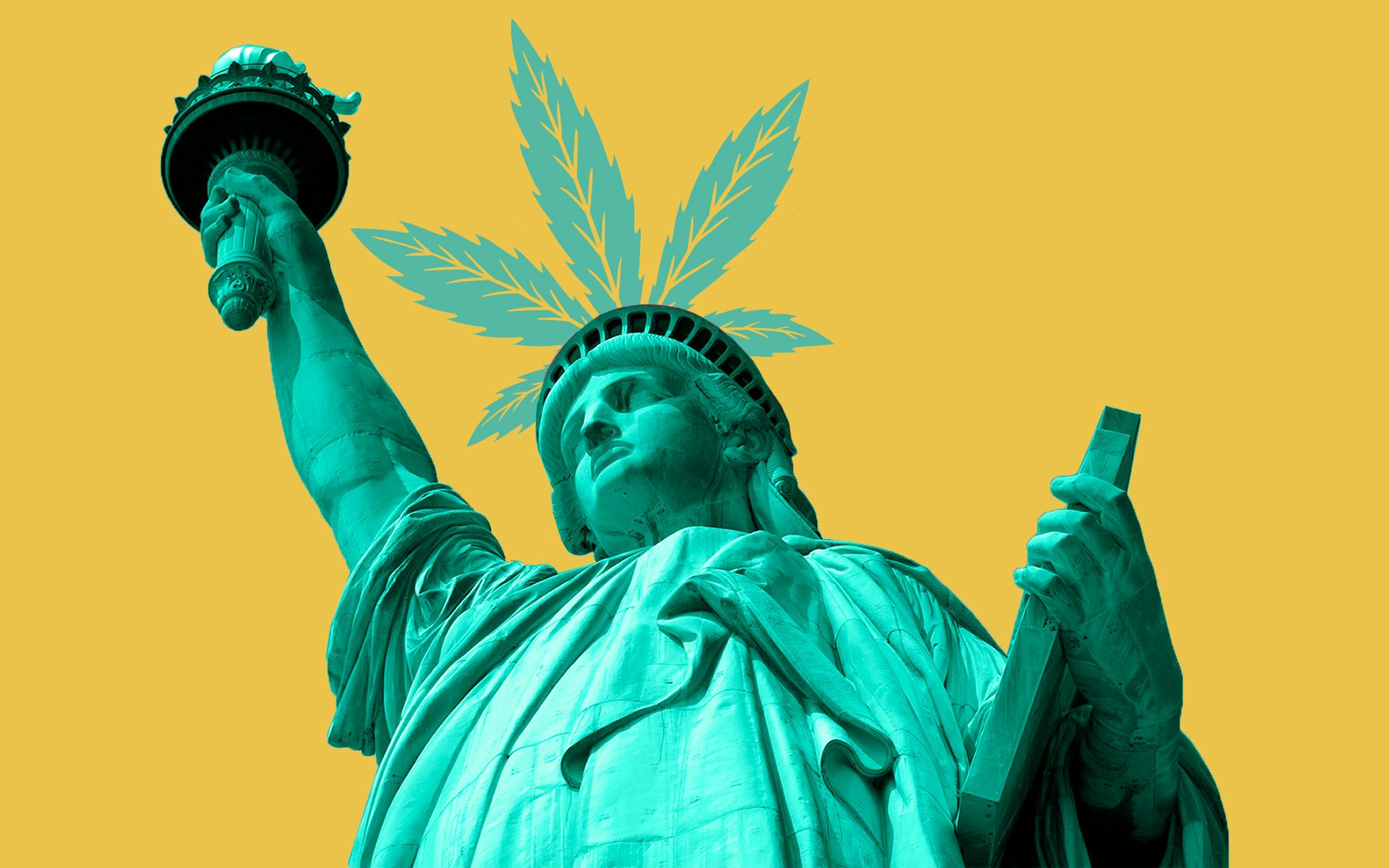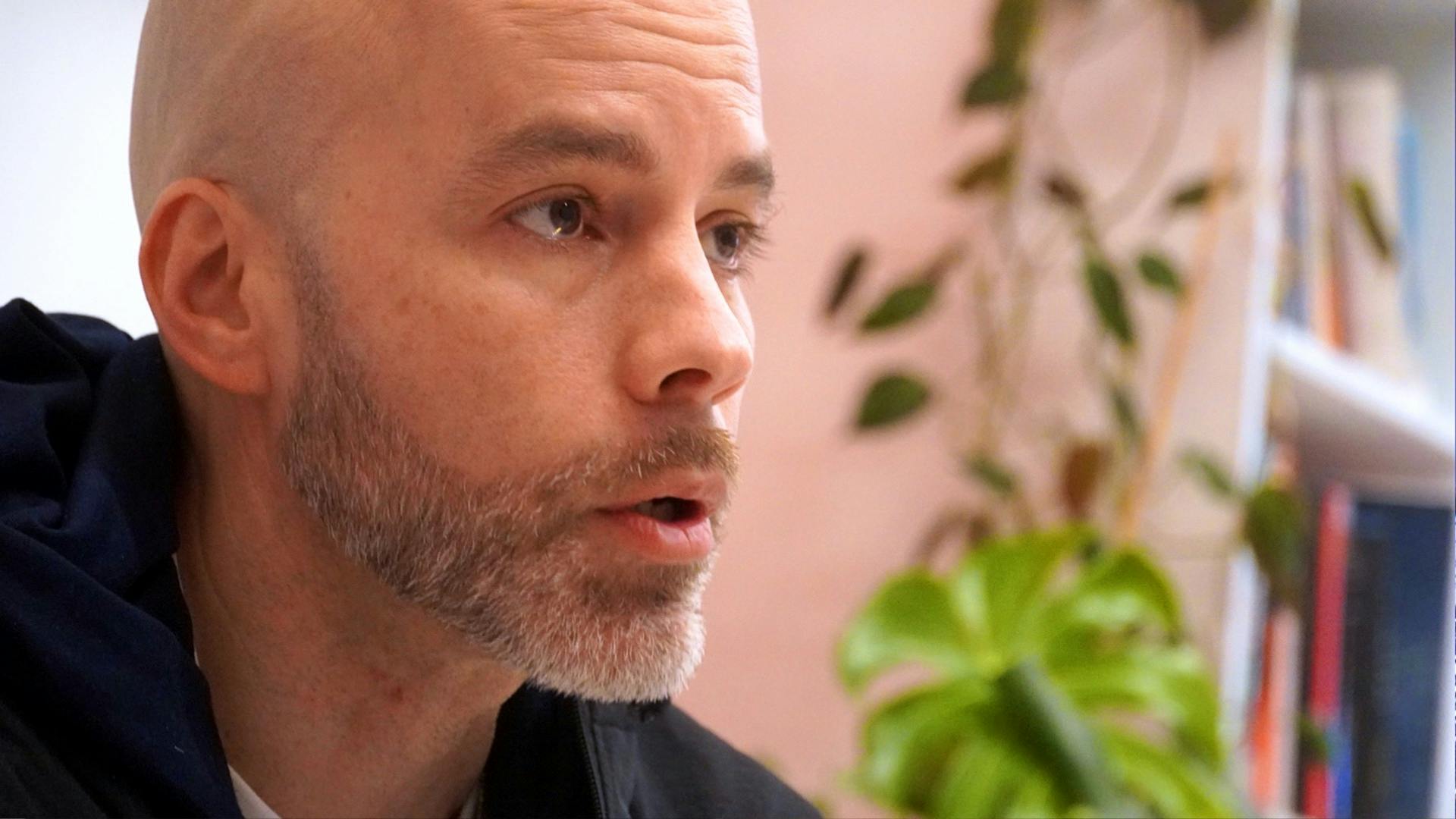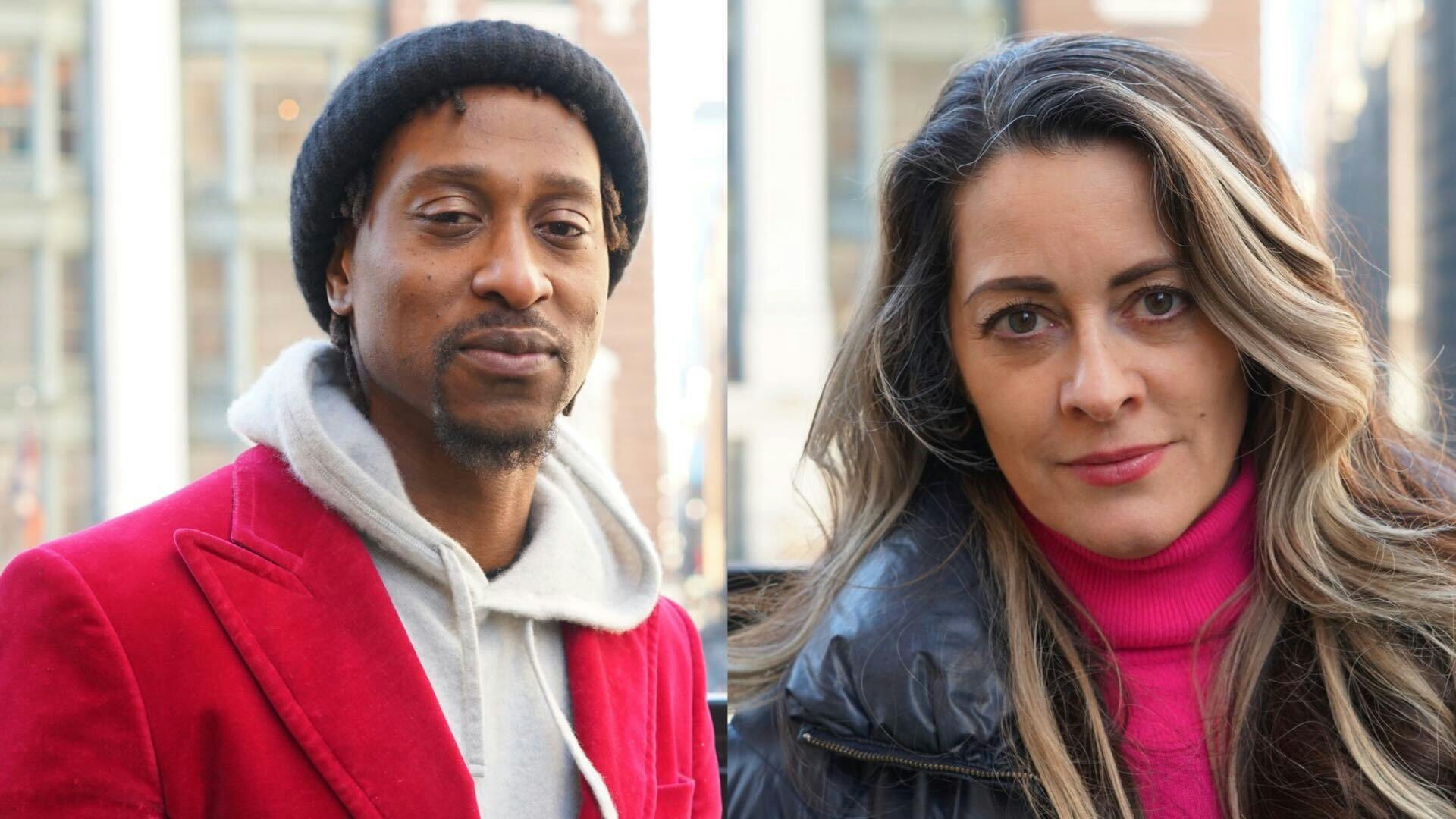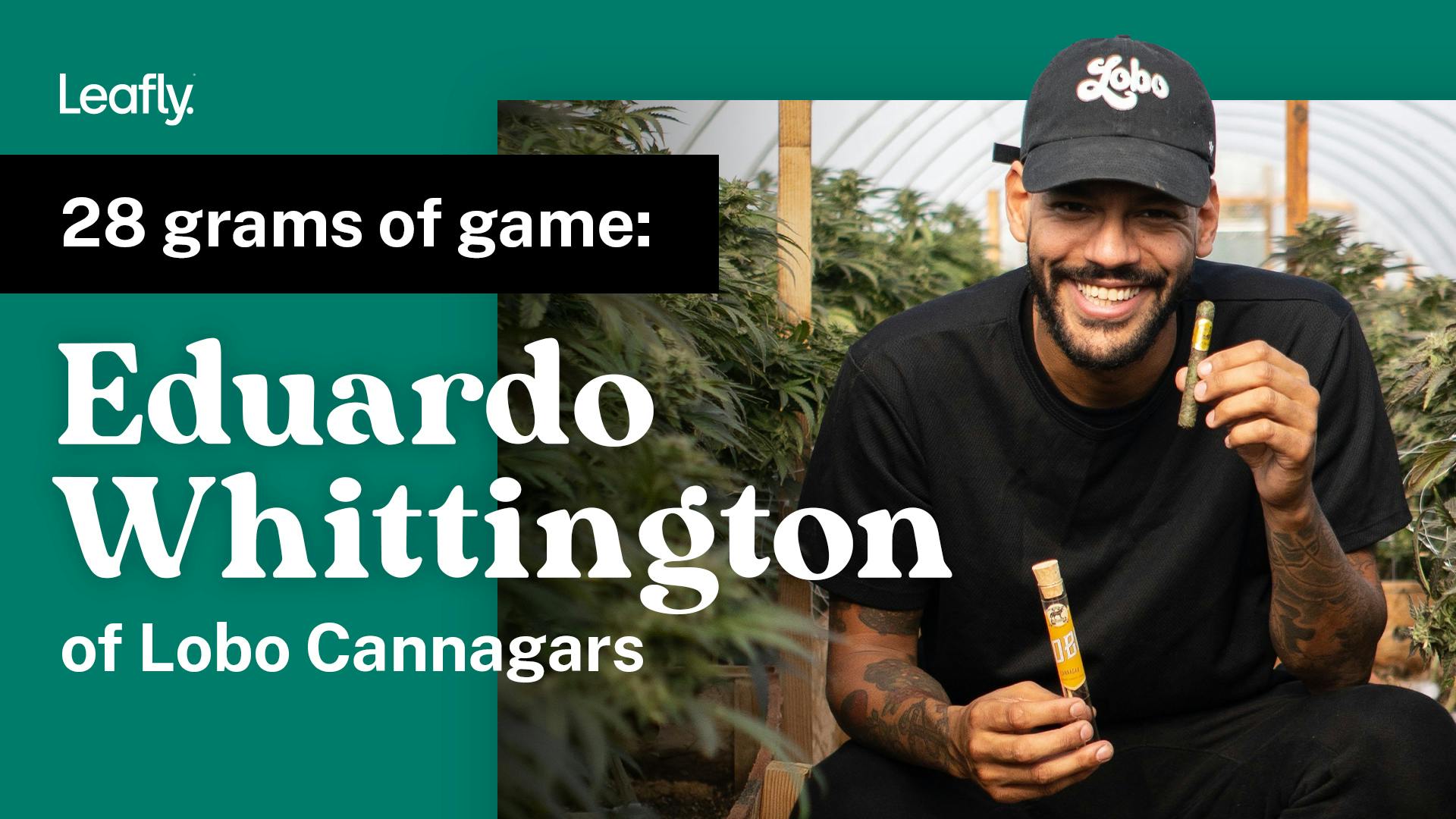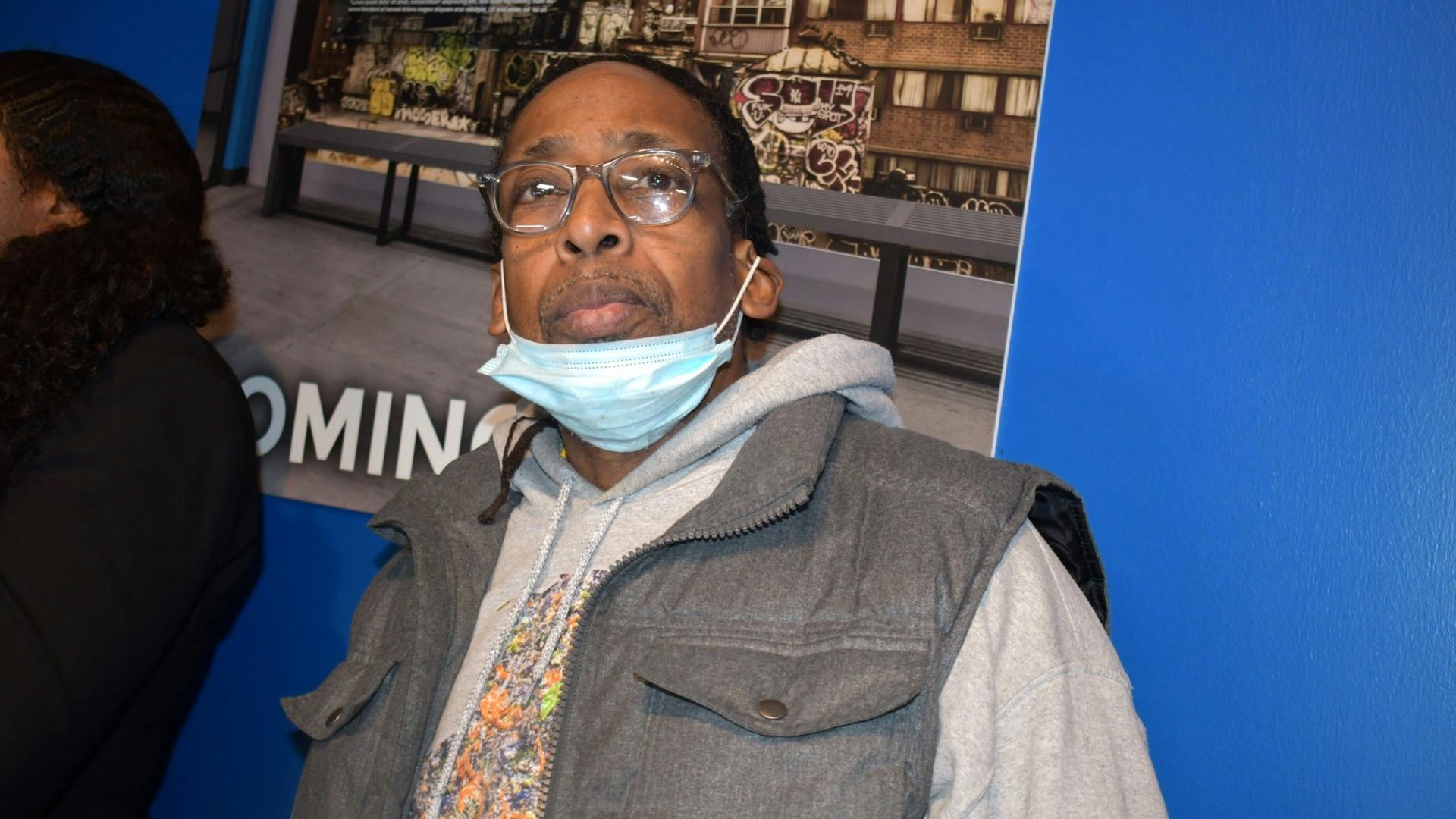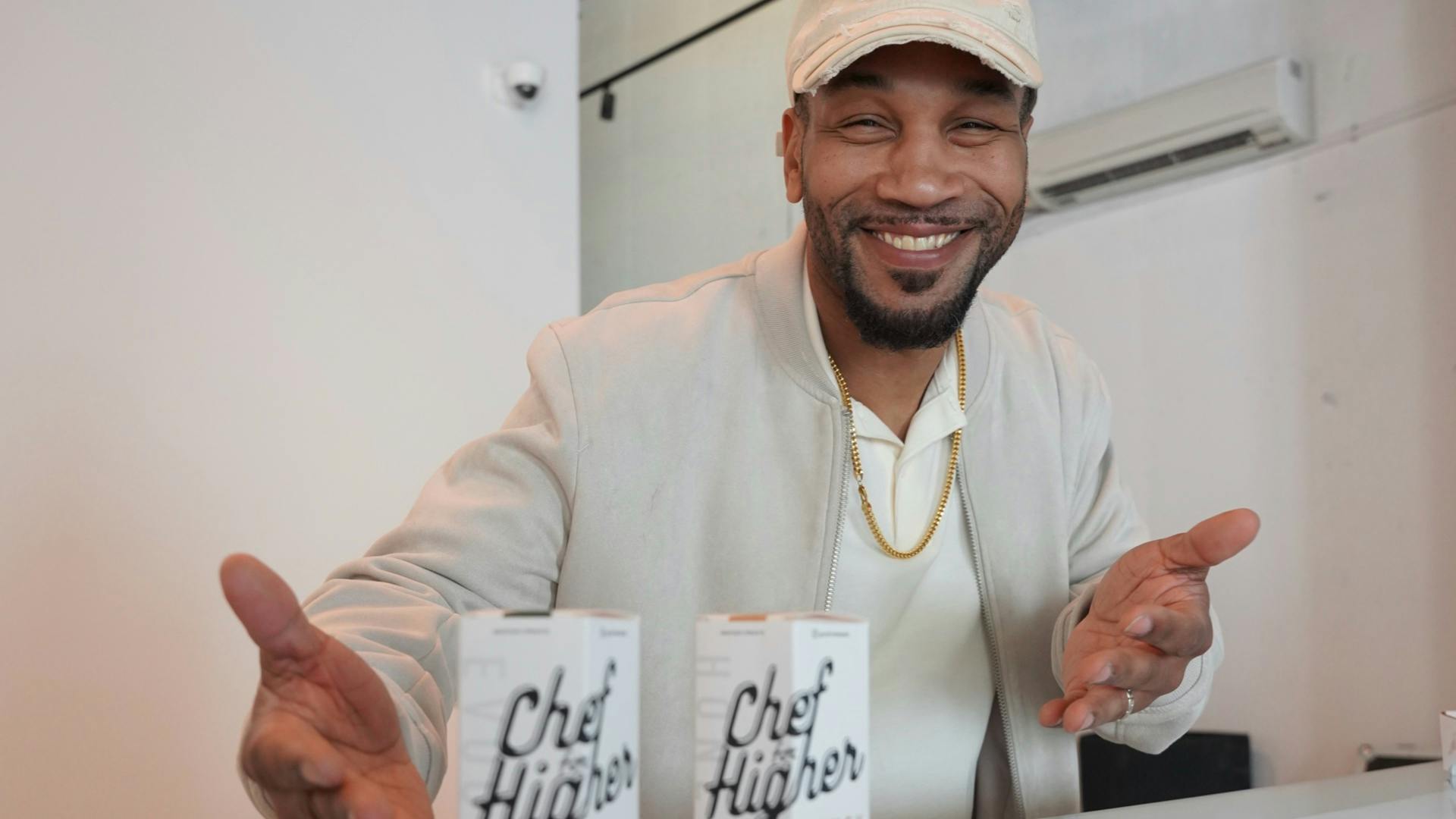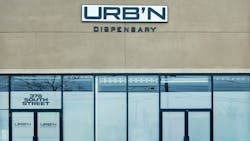This coalition of legacy operators is united and ready to thrive in New York’s legal market.
It’s been almost four years since cannabis was legalized for all adults in New York—and two years since the state’s first adult-use store opened. But many of New York’s first licensed dispensary owners are still fighting for a fair shake on the legal market.
To balance the odds, Flower City Dispensary owners Britni and Jayson Tantalo unified the New York Retail Cannabis Association (NYCRA). The NYCRA organization comprises hundreds of dispensary owners determined to make the most of New York’s historic licensing program. In 2021, the state’s MRTA law put those most impacted by cannabis prohibition first in line for dispensary licenses. But the road to opening has been full of unforeseen challenges.

“The sad truth is that there are only a few operators that were lucky to find success and are profitable so far. A few are just breaking even, and a large share are still at the starting point from over two years ago. It has placed a major boulder on all of our backs and our families.”
Britni Tantalo, Flower City Dispensary owner, Co-Founder & President of New York Cannabis Retail Association
NYCRA co-founder and president Britni Tantalo told Leafly that “stringent marketing and packaging regulations, limited indoor cultivation and canopy capacity, and the early entry of large out of state companies to the market put a burden on local operators.” NYCRA leaders believe the current regulations are stopping locally-owned dispensaries from growing into sustainable businesses.
This year, NYCRA and Leafly partnered to help New York dispensaries navigate the many challenges facing the new legal market. Keep reading to see how we’re helping New York dispensaries bounce back, and reach out to NYCRA to learn more about joining their community of cannabis operators.
The challenges of opening New York’s first adult-use dispensaries
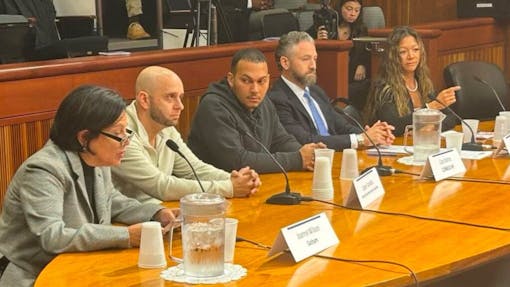
Of the 463 licenses granted in the first round so far, only 227 are open for business. Another 1,400 or so license applicants are waiting for the state’s approval to open—but it could take until 2026 for all of them to be reviewed.
Many applicants had to secure and pay for their store’s real estate before receiving their license. That means some have been paying rent on commercial spaces for months without any assurances on when they’d be approved to open, if at all.
The Tantalos waited two years for approval to open Flower City before getting the green light. To make matters worse, they watched unlicensed shops spread like wildfire while they paid rent for a legal shop they couldn’t operate.
“We had to borrow against our homes, borrow from family and friends, and downsize operations just to open a location. It placed everyone in a position of financial constraint and therefore mental and emotional instability.”
Britni Tantalo, Flower City Dispensary
To weather the storm, members of the New York Cannabis Retail Association embrace a philosophy of collaboration over competition. NYCRA Vice President Jayson Tantalo explains, “We share valuable resources such as business plans, SOPs, along with just emotional support, which have proven essential for licensed operators who may not know where to start.”
Here’s why hundreds of NY dispensary openings have been delayed

In the Bronx, the House of Hibernica endured multiple delays before finally being cleared to open this April. “It was a whole year from when we applied for the license, to opening,” said Hibernica co-owner Bojan Trpcevski. “We had to have a store so we could apply. Then the injunction happened in 2022. So we were paying rent for a year,” Trpcevski said.
In November 2022, a judge blocked hundreds of stores from opening for six months as part of a controversial injunction. The lawsuit that caused the injunction was filed by an out of state resident who said the program’s social equity requirements violated the US constitution.
Just as the first applicants were being approved to open in 2022, multiple injunctions put the state’s entire rollout in jeopardy. Dispensary owners were now on the hook for real estate, operations costs, and private investments. The delays compounded as state resources and attention went to the court case instead of license approvals. When the first injunction was finally lifted in May 2023, many owners were already 6 months behind their business projections. The out of state plaintiff received his own license as part of a settlement agreement with the state.
Then, this October, a group of unlicensed dispensaries took the state to court, and won. They claimed they were forced out of business without receiving due process. Mayor Eric Adams’ Operation Padlock reportedly padlocked over 1,000 unlicensed shops since the spring. But last month, a judge ruled that the operation “stands against the cornerstone of American democracy and procedural due process.” The ruling could encourage unlicensed shops to re-open, adding uncertainty for operators as newly-approved stores open almost daily.
Operators like Budega’s Alex Norman have refused to place their dreams on hold amidst the chaos. “I started my brand three years ago in anticipation of an opportunity like this,” Norman told Leafly days after the first injunction came down in 2022. “But I’m not gonna say it’s gonna stop me.” Over a year after the injunction, and still not open for business, Norman remains dedicated to seeing things through with Budega after decades in the legacy market.
House of Hibernica’s team said they had no idea it would be this difficult when they started the process of applying. “We thought it would be similar to the restaurant business,” Trpcevski said, “because we opened a few before. We didn’t expect that we were going to wait so long, and that every small thing is going to stop the whole process.”
How much is a New York dispensary license worth?
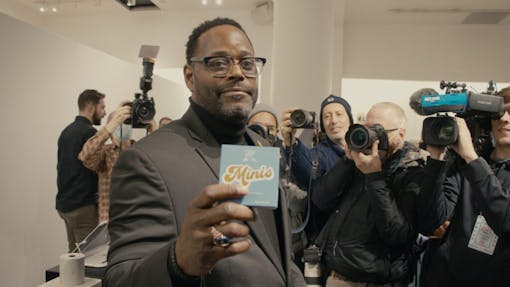
The unforeseen delays have some license holders thinking about selling equity, or their entire license to the highest bidder. “The valuation is running from $600,000 to $800,000,” according to Daron Hudson, owner of Divine Kinnektion Dispensary, which is licensed and waiting to open. “If you have a location secured, it’s going up to $2,000,000,” Hudson told Leafly this fall. Hudson said those valuations came from the Our Academy accelerator program, which mentors CAURD licensees.
Hudson is also a board member at Housing Works, New York’s first retail dispensary, which opened in December 2022. But he said opening his own store has proven much more difficult than helping the well-known nonprofit get up and running.
“From my experience with consultants, lawyers, and cannabis realtors, the going rate for a dispensary license without a proximity lock is $250,000 to $350,000,” said Timothy Auyeung, owner of 5Boro Cannabis brand and a tier 3 processor license. Proximity locks ensure that every dispensary is a minimum distance of 1,000 to 2,000 feet from any other licensed store. Stores and shoppers can track proximity protections via this map.
What happened to New York’s dispensary fund?
To help with dispensary start-up costs, the state promised owners a $200 million private equity fund to support 150 store build outs. But the fund failed to launch.
“The access to capital and other resources that were promised to all of us CAURD applicants was simply not there. When you are promised a turnkey dispensary with low interest rates and access to grants from your state regulators, you don’t plan to obtain these things for yourself. When we realized that the promises were not going to be fulfilled anytime soon, if at all, we had no choice but to pivot. Most of us could not find investors because investor confidence was low due to the failed rollout.”
Britni Tantalo, Flower City Dispensary
Now, a new loan fund may provide some relief. But Hudson and other owners have already begun vetting investors who can help them get opened. And they’re finding that these new potential partners have far more leverage than the state’s regulations intended.
“I was part of the Housing Works license, I was the justice involved individual that helped get them the license. But now as an applicant myself, it hasn’t been an easy road. There’s no funding whatsoever. If you don’t have money in a shoe box somewhere, you’re left at the mercy of investors. And they’re bringing you these astronomical terms that are bleeding you out. There’s a sense of urgency to get the doors open. But I have to find somebody that I can trust to do business with for the next ten years.”
Daron Hudson, owner Divine Kinnektion Dispensary
How NYCRA and Leafly are helping New York dispensaries thrive
Leafly is proud to help customers across the state discover licensed stores and brands. Jayson Tantalo said dispensaries need help creating “brand recognition and demonstrating what legal cannabis looks like here in New York.” That’s why we’re leaning into content and activations that represent the very best of New York cannabis.
Our content partnerships with stores like Good Grades and Trends use the power of Leafly’s strain and product database to help keep shoppers informed about what they’re buying. In-person activations around the state are also helping first-time legal shoppers discover the top dispensaries and cultivators in their area. With the both the state, and federal laws, limiting the ways dispensaries and cannabis brands can advertise, every new customers counts.
“Partnering with Leafly brings tremendous value to our organization. Advertising and marketing are extremely difficult to navigate and complex to understand. The terms being offered by Leafly to our members are particularly valuable because they make customers more accessible.”
Jayson Tantalo, Vice President of NYCRA and co-owner of Flower City Dispensary
Leafly and NYCRA also work closely with store operators to analyze data that improves their performance. To help steady New York’s chaotic rollout, we’re going the extra mile to make the industry’s best tools accessible for all.
“I had Leafly before the legal industry even started,” said Hudson. “It was for the strains. Back in the legacy era, if somebody was selling me cannabis and said, ‘this is purple something,’ I’d go see what purple is on Leafly.”

Since 2010, Leafly has provided cannabis patients, users, growers, advocates, and researchers with groundbreaking data that’s helped normalize the plant in 38 legal states and over 40 counties. With New York City reportedly consuming more cannabis than any other city in the world, the state’s new legal market presents an enormous opportunity for residents and visitors to safely and responsibly support local growers and sellers.
Now let’s get to work!
Click here to find your closest New York dispensaries on Leafly.Keep up with New York’s favorite strains, dispensaries, and events on Leafly‘s New York homepage.

